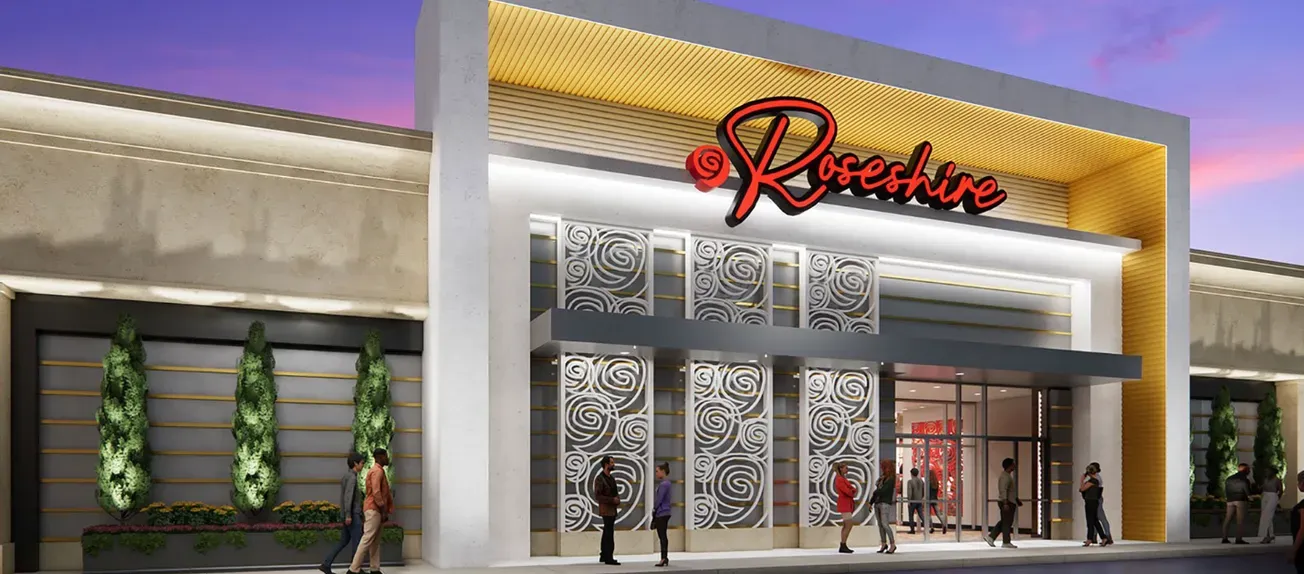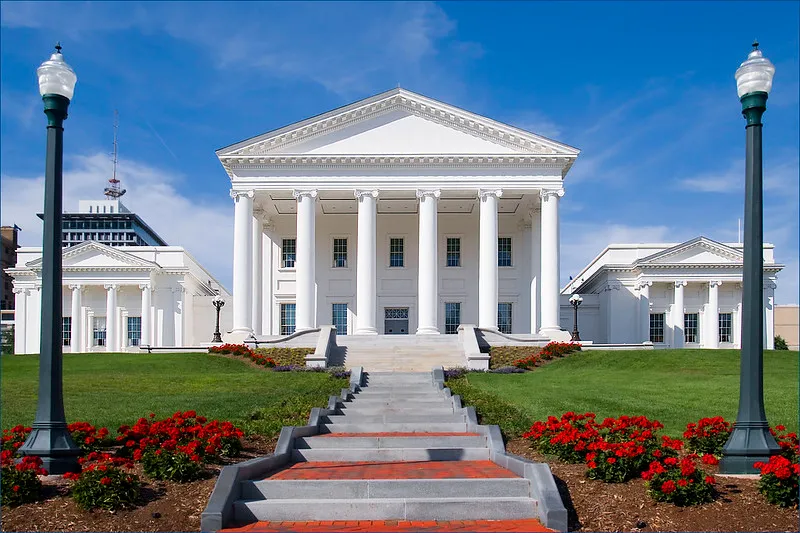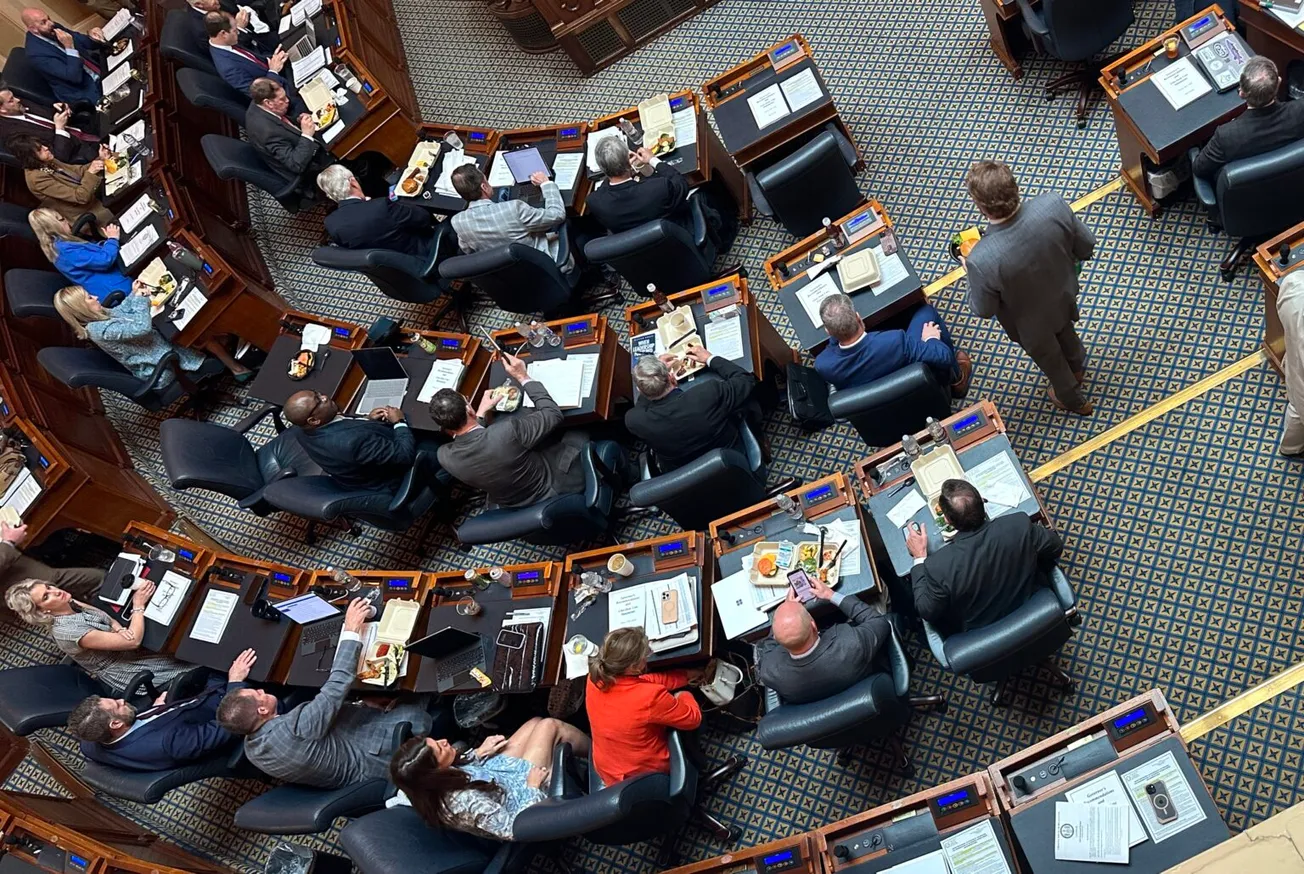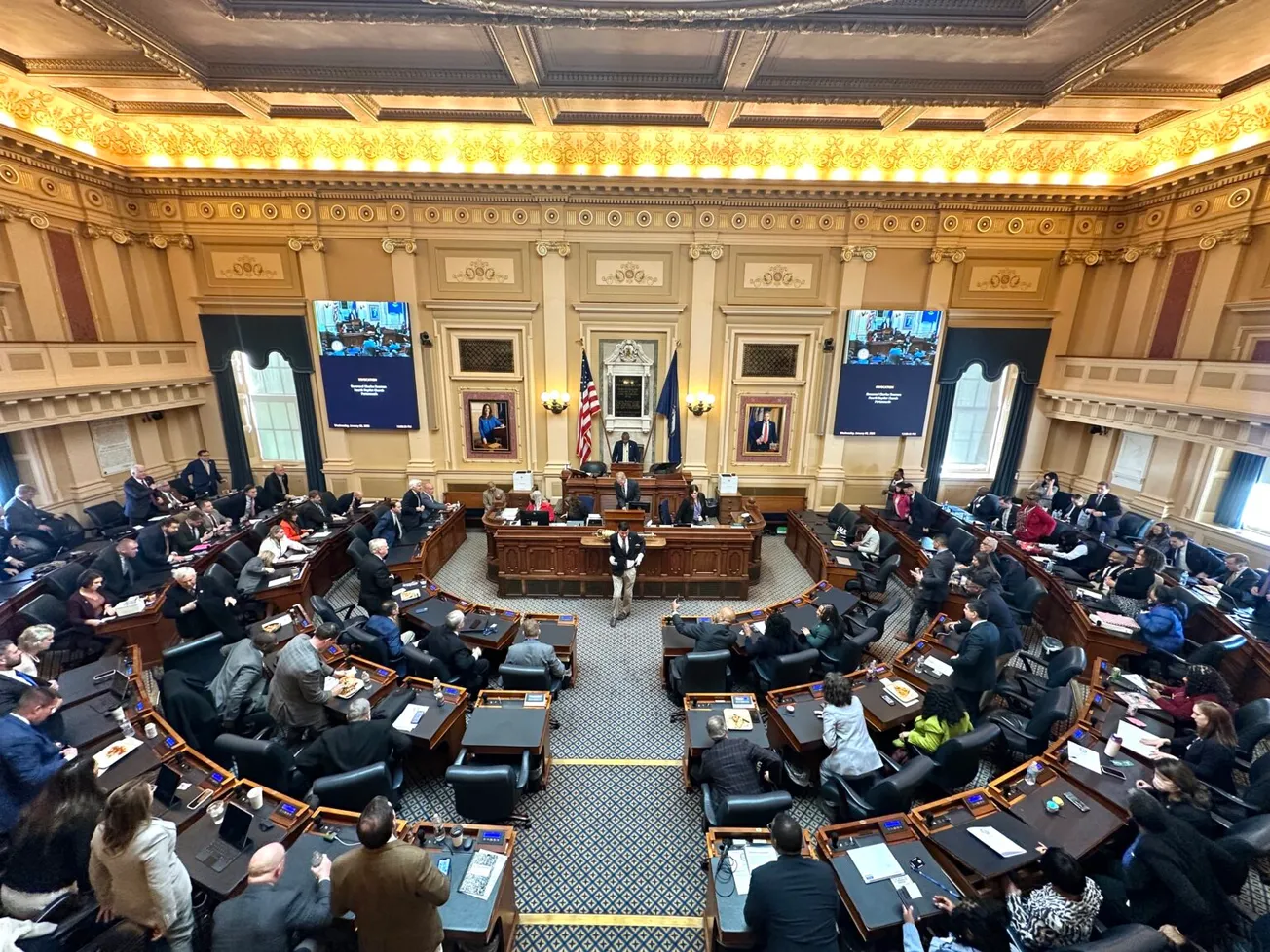General Assembly 2025 — General Assembly — Roseshire — Rosie's Gaming Emporium — Colonial Downs — Churchill Downs Inc. — Community — Western Henrico — Lakeside — Schuyler VanValkenburg — Dan Schmitt — Virginia Racing Commission — Top News
Planned Henrico gaming facility could be prohibited from operating without voter approval





